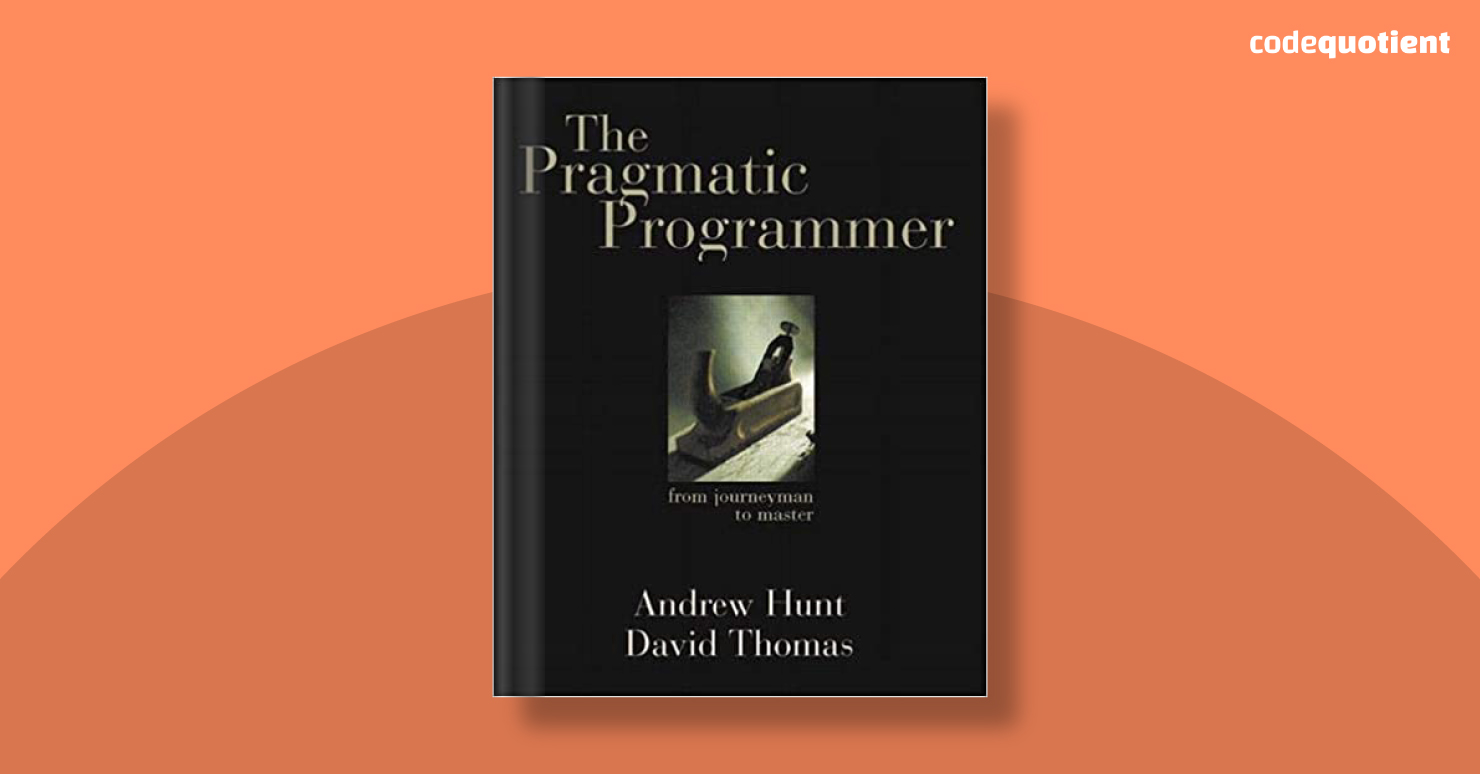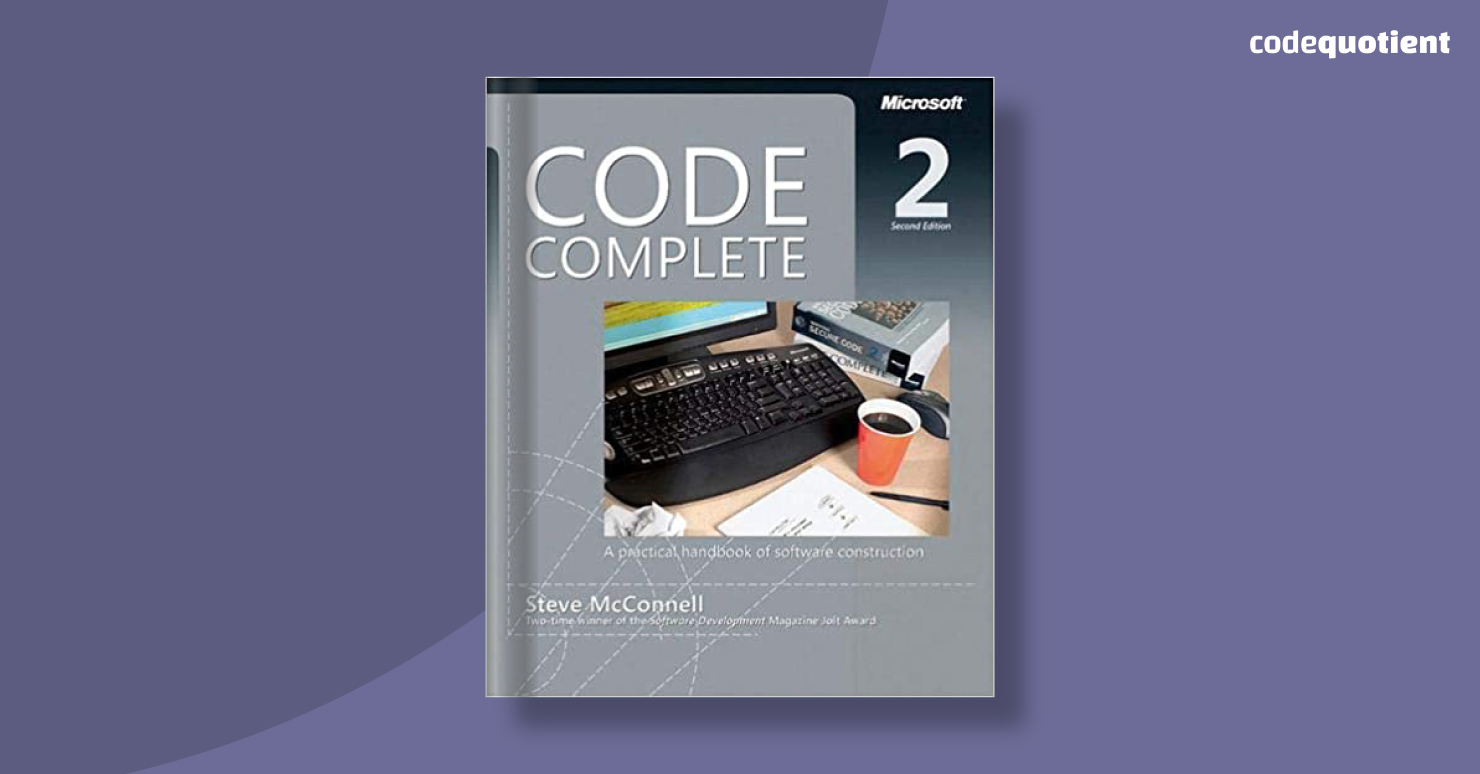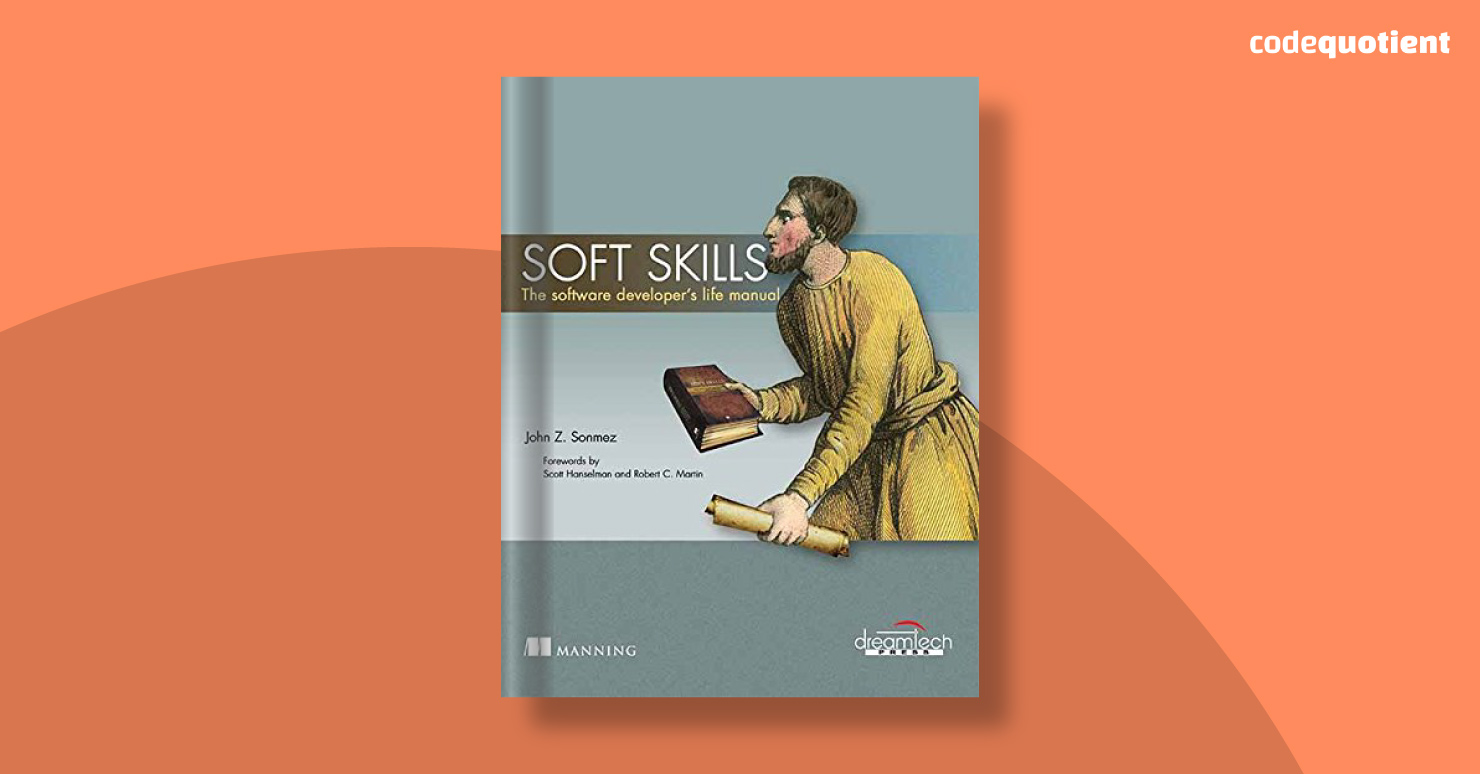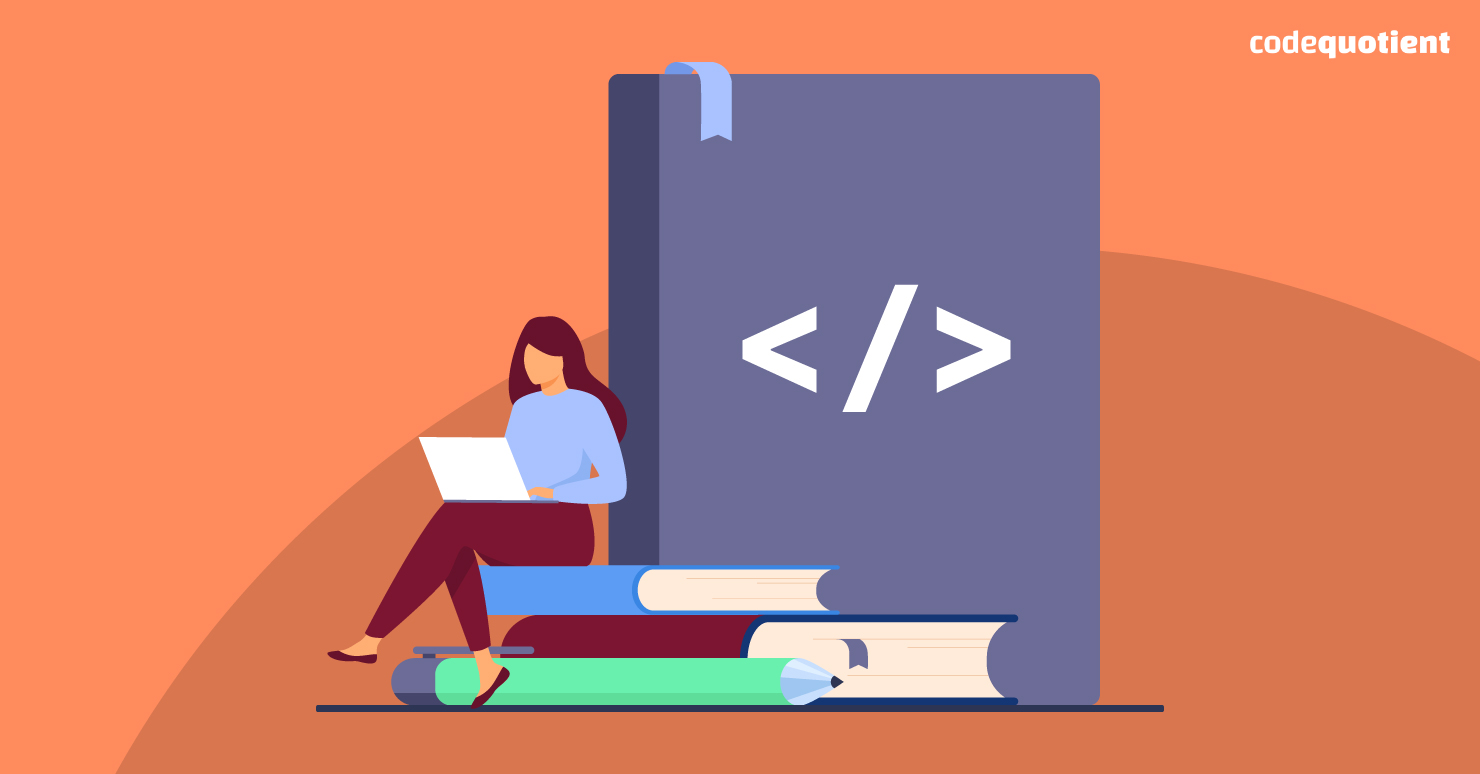Do you think that programming career professionals no longer tend to read books in this age of digital content and virtual program learning? Then you are absolutely mistaken! Reading books is still considered one of the best and most effective modes of learning new programming languages, even during this digital age.
Besides all the great offerings the modern world has and is still providing, such as podcasts, videos, blogs, etc., reading a book is something that most people still don’t want to miss out on. Many great minds of the yesteryears have already encountered programming hurdles and have figured out the best ways to solve them. These tactics in approaching and solving problems have been captured in some of the best programming books listed below.
Best Programming Books to Look Out for
The best programming books are not just the ones that teach you about a specific language or how to code but teach how to think for it. Here we list down the list of books that are sure to put a fun spin on learning and understanding the world of coding.
1. Clean Code: A Handbook of Agile Software Craftsmanship

Have you ever looked at someone’s code and went, “Oh MY God, What is this?” Obviously, that someone hasn’t read Clean Code. Clean Code: A Handbook of Agile Software Craftsmanship by Robert C. Martin (aka. Uncle Bob) is one of the most popular programming books worldwide.
Rest assured that this is a book on software craftsmanship. It tells you how to write good code and gives you an effective way in approaching software development. It describes the principles, patterns, and practices of writing clean code.
All the examples in this book are in Java, but its learnings can be applied to any programming language. It has a plenty of practical examples that show you the why’s and hows of writing clean code.
2. The Pragmatic Programmer: Your Journey to Mastery

This is truly a gem of a book! Unless like any other programming book with code, code, and more code, this is something that gives you the full wisdom to apply its logic to all programming languages. The Pragmatic Programmer: Your Journey to Mastery by Andrew Hunt and David Thomas ensures in giving the readers a series of tips on improving their programming output.
Whether you are new to the programming career or an experienced programmer, you will come away with fresh insights each and every time you read through this book. This gives you an insight into how to tackle different problems that you might face during your professional career.
It not only covers coding but also teaches you how to lead your lifestyle as a coder. This one is a favourite for most as it even has a lot of amazing technical and professional advice and tips.
3. Code Complete: A Practical Handbook of Software Construction

Code Complete by Steve McConnell – thanks to its clear and pragmatic writing style. This is a must-read for everyone who wants to know all about programming constructs and best practices. It covers everything like coding, debugging, design, testing, and more.
This book is well-written and covers a variety of topics that will test your limits to better programming. It is a comprehensive analysis of software constructions and is accepted in the industry even nowadays.
Overall, this book is sure to have the highest return on investment (ROI) for the developers, especially with one to three years of expertise. But even it is highly recommended for the newbies as well because it helps give more confidence when constructing software.
4. Refactoring: Improving the Design of Existing Code

This book by Martin Fowler is a vital programming concept that helps you to understand the underlying aspects of writing clean and robust code. It covers all the major refactoring that a helps you with programming skills.
It deals with the general principles of refactoring, why and when to refactor, how to approach the management of refactoring, etc. Refactoring is the process of rewriting codes without changing the functionality and improves the readability and maintainability of your code.
This book contains about 40 proven refactoring examples illustrating the use of refactoring. It is well-written and basically contains everything you would need to fully understand the refactoring methods.
5. Head First Design Patterns: A Brain-Friendly Guide

Head First Design Patterns by Eric Freeman & Bert Bates & Kathy Sierra & Elisabeth Robson has a galore of illustrative and brain-stimulating examples that will make the learning both efficient and fun simultaneously. It explains the various software design patterns used by proficient software developers and programmers across the world in building elegant and fully functional software.
It doesn’t cover all the patterns in the world but covers every pattern that you might need to solve real-world problems. By the time you complete this book, you will be able to take advantage of the best design practices and this ensures to provide you with a visually rich format and doesn’t follow a text-heavy approach that puts you to sleep.
6. Soft Skills: The Software Developer’s Life Manual

Being a software developer doesn’t mean coding alone, it deals with every other aspect too. This book by John Sonmez isn’t actually a book of programming but is a must-read by every programmer. It is a great book that teaches you how to manage other aspects of a developer’s life.
Having a collection of 71 short chapters, this fun-to-read book advises you on topics such as career path, personal branding, clients, peers and manager, fitness, and how to be a better programmer.
How CodeQuotient Can Help to Improve your Programming Career
With this, we have completed our take on the top 6 best programming books to help you improve your programming career. Even though books are the best sources to learn about programming, in order to complete the task you will need to use other methods to reinforce the learning with online coding classes.
At CodeQuotient, we ensure in setting a base for your long-term programming career. We actively encourage our learners to create a portfolio of projects that demonstrate their skills and expertise in programming.




